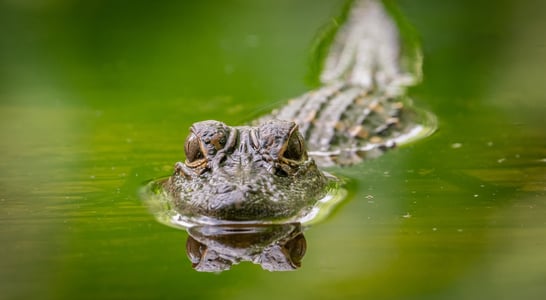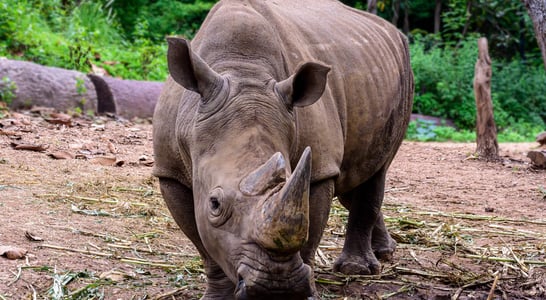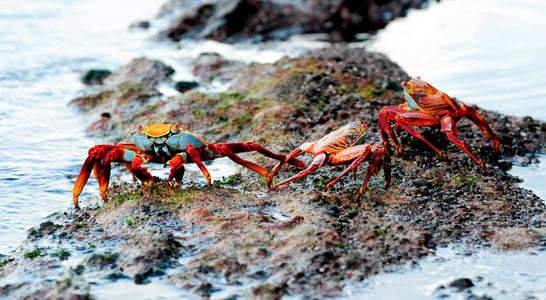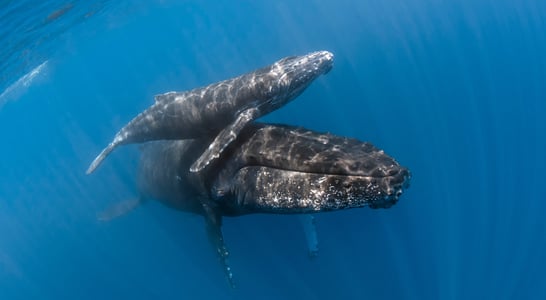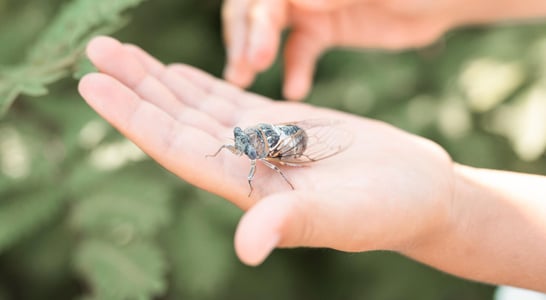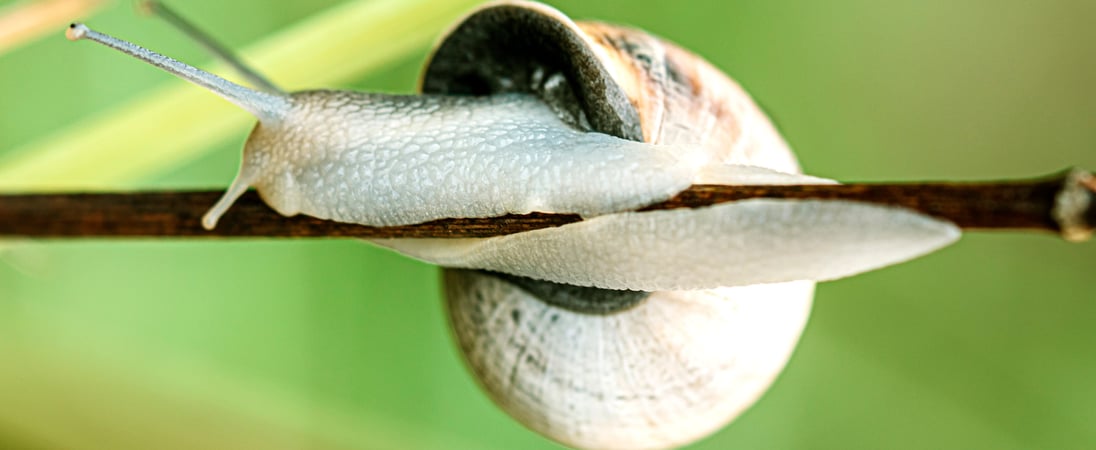
National Snail Day
National Snail Day brings attention to the small, shelled creatures we often overlook. Snails move slowly, but they do important work. They help clean up nature by breaking down plants and enriching the soil.
Many live quietly in gardens, forests, rivers, and even deep oceans. With soft bodies and spiral shells, these animals have been around longer than most species.
Experts often study them to learn about Earth’s ancient changes and hidden ecosystems.
People celebrate the day by looking for snails outdoors or posting snail-themed art and facts. Nature groups highlight their place in the food chain and their struggle with pollution.
Some types are in danger because their homes are shrinking. This day helps people see how these animals support life around them. Slowing down for a moment helps us notice more of the small things that keep nature working.
How to Celebrate National Snail Day
Here are some fun ways to mark National Snail Day in a simple and lively way:
Look Closer Outdoors
Take a calm walk where plants grow wild. Search gently for snails under leaves, logs, or flowerpots. Watch how they move.
Their slow pace reveals things we often miss. Let curiosity lead instead of rushing.
Make a Snail Haven
Use soil, stones, and leaves to build a quiet space where snails feel safe. Keep it shady and moist. This small act can support local wildlife.
You’ll help more than just snails—many creatures rely on the same shelter.
Teach Something New
Talk with kids or friends about snails’ hidden talents. They help recycle plant matter, enrich soil, and feed birds.
Use models, books, or simple drawings to show how their work supports entire food chains.
Support the Science
Snails face growing threats from pollution and shrinking habitats. Donate to a conservation group or attend a nature talk.
Learning more can turn a quiet interest into real-world help. Your actions matter even in small steps.
Grow with Purpose
Plant herbs or greens that attract snails—but not too many if you’re growing food. Offer logs or rock corners as shelter. Your backyard can become a resting place for these animals, all without disturbing the balance.
History of National Snail Day
National Snail Day began gaining attention in the early 2010s. There’s no record of one person or group officially starting it. Instead, the idea spread through social media and websites that highlight fun or unusual holidays.
Nature fans, gardeners, and educators picked it up quickly. Over time, more people began using the day to share facts, photos, and stories about snails. Though informal, the day has grown into something meaningful.
Some museums and science centers now use the date to teach people about snail biology and their place in ecosystems. Snails may seem small, but their role in nature is large.
They help break down plant material, support food chains, and even tell us about ancient environments through fossil records. Many species also face threats from habitat loss and pollution. So the day brings attention to these issues, too.
No national group controls the day, and that’s part of its charm. It’s a public celebration shaped by everyday people.
National Today and other event sites list it each year, giving it a wider reach. What started as a small online idea has.
Also on ...
View all holidaysNational Alligator Day
In the swamps and wetlands of the American South, some ancient reptiles silently patrol the waters, showcasing nature's remarkable adaptability.
International Everest Day
Climb your own “Everest” by taking a hike or climb at a local hill. Want to do the real thing? Start training and researching so you can conquer that peak.
National Biscuit Day
In the US, they’re flaky bread rolls. In the UK, they’re sweet, crispy treats known as cookies in the US. Bake your own, and try different varieties and flavors.
World Digestive Health Day
Maintaining a balanced diet and staying hydrated are key to ensuring optimal function and overall well-being.
We think you may also like...
National Endangered Species Day
Many magnificent species of animal and insect are at risk of going extinct, so join the cause by volunteering, donating, or spreading awareness of these threats.
